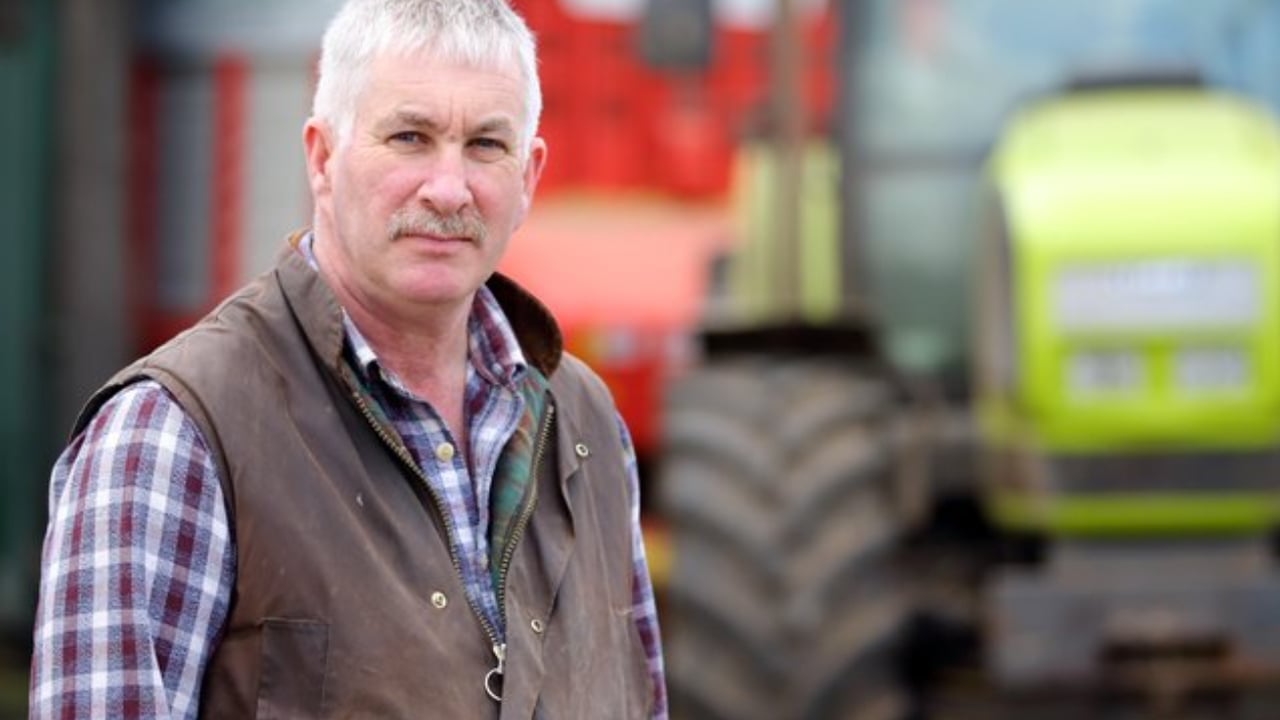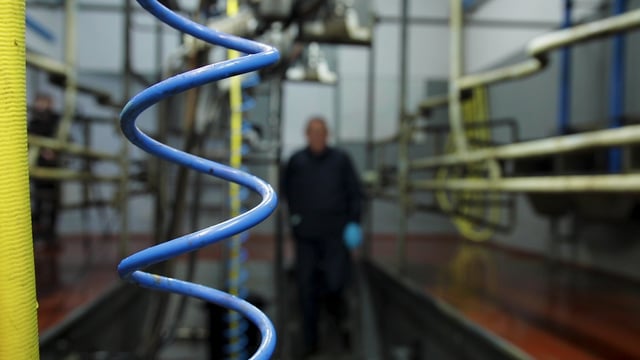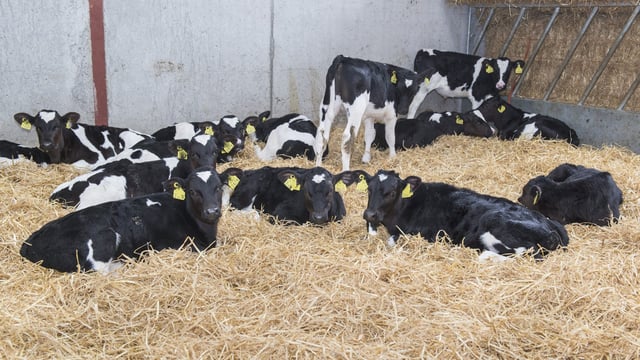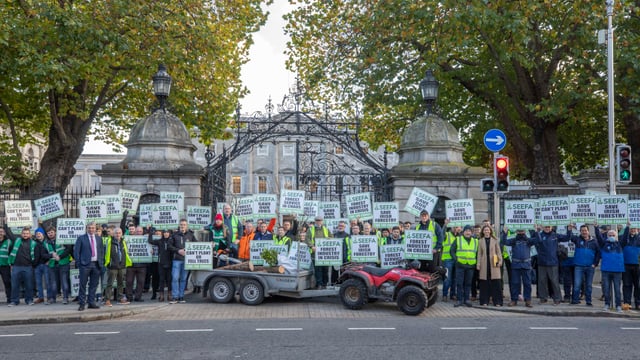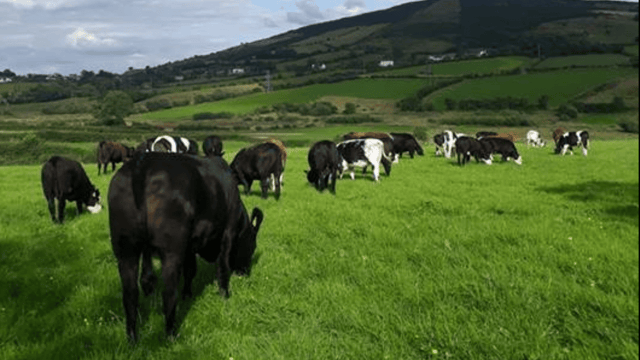Food production needs to be seen as a 'public good' - UFU
Production agriculture must be seen as an industry delivering a key public good, according to Ulster Farmers’ Union (UFU) president, Victor Chestnutt.
Speaking at a media briefing, held earlier this week, Chestnutt added that the UK government is now recognising the significance of production agriculture across the economy as a whole.
He said: “London is now fully aware of the fact that the food supply chain is very fragile in nature.
UFU deputy president, David Brown, also attended the event.
He cited the clearly relaxed inspection measures now being implemented on food imports coming into the UK from the European Union (EU) as clear evidence of the British government’s intention to keep retail outlets fully stocked at all times.
UFU on trade deals
But the UFU hierarchy is genuinely concerned about the intention of the current Conservative UK government to use indigenous food and agriculture as a bargaining chip in trade deals with the likes of New Zealand and Australia.
“Agriculture was bartered off in exchange for improved financial service opportunities with Australia,” David Brown explained.
The union president pointed to the large food export quotas secured by New Zealand in its recently completed series of trading negotiations with London.
Chestnutt continued: “The likelihood of countries from the southern hemisphere putting large quantities of food onto the UK market is remote at the present time.
“Asia is providing both Australia and New Zealand with all the export market opportunities they both require at the present time.
Chestnutt believes that the deals arrived at by London with Auckland and Canberra will evolve into essentially free trade agreements [FTAs] over the next decade.
“This will put pressure on UK farming and food at that time,” he added.
“Ensuring that all future food imports into the UK meet the same production and sustainability standards demanded of farmers in this part of the world will remain a priority for the UFU and all its sister organisations into the future," Chestnutt concluded.

